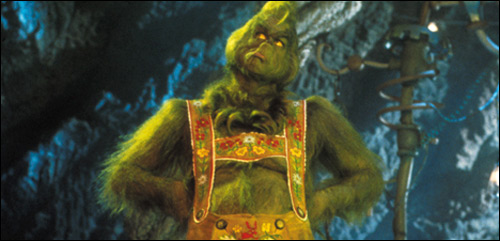By Jerry Walls

Hope is a remarkable phenomenon. Hope gives meaning and direction to our lives, and nothing is worse than to live without it. This is graphically conveyed in the most famous line in Dante’s Inferno, the inscription that is written over the gate to hell: “Abandon every hope, who enter here.”
And yet, hope is a two edged sword. To express hope is to concede that all is not well. Hope signals discontent, it acknowledges a palpable absence and beckons something not yet here. To sing “O Come, O Come Immanuel” is to feel the cut of the sword.
And that raises one of the most fundamental of all questions: for what can we rationally hope? What kinds and degrees of happiness and fulfillment are possible? Can our deepest and largest longings for love, for joy, for peace, for justice ever be met? Or must we cut the size of our hopes down to small and medium?
Christianity, of course, is a religion of soaring hope. It urges us to enlarge our hopes, it promises happiness and fulfillment beyond our wildest dreams. Reality is far greater than we can imagine, more beautiful than we can conceive.
By glaring contrast, I was recently struck by these lines: